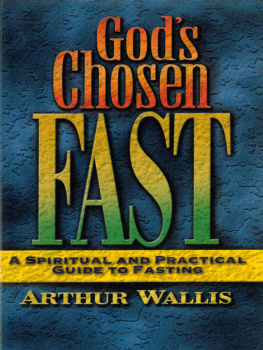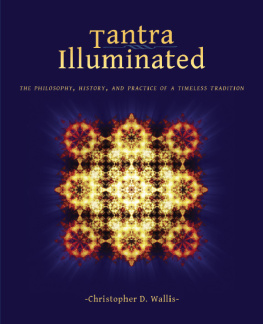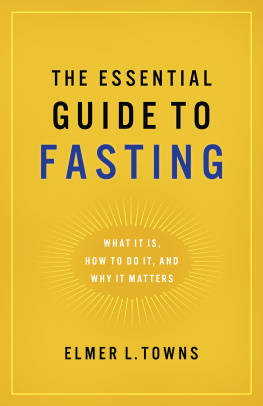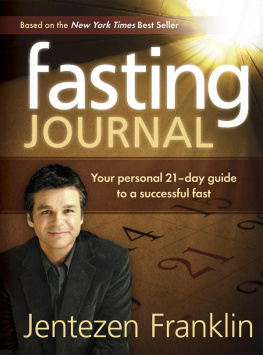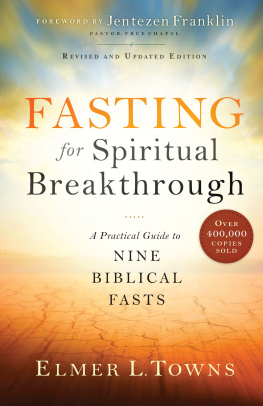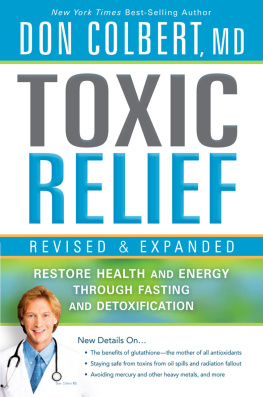1. Matthew 17:21: Howbeit this kind goeth not out but by prayer and fasting .
Only the translations of Darby and Weymouth include this verse. The Amplified New Testament puts it in italics as not adequately supported by recent scholarship. All the others omit the verse completely. The IVF Commentary says: Verse 21 is omitted by the more reliable texts. It seems to have been interpolated from Mark 9:29.
Mark 9:29: And he said unto them, This kind can come forth by nothing, but by prayer and fasting.
The words and fasting are rejected by all the translations consulted, except for Darby and Moffatt. The Amplified again uses italics. The IVF Commentary, however, while admitting that these two words are not found in Codices Sinaiticus and Vaticanus, does not consider that the evidence against them is conclusive.
It is believed there are internal as well as textual reasons for rejecting these words, and this applies to the parallel verse in Matthew just considered. Fasting, we have sought to show, is not a synonym for self-denial in the New Testament, but means abstinence from food. Either there is a departure from the general rule in this passage, so that our Lords words only had reference to general self-disciplinein which case we cannot use this verse to establish anything about literal fastingor, if we take the word literally, His statement conflicts with what we learn elsewhere, that Jesus did not fast once His ministry began nor the disciples while Jesus was with them.
Also, the introduction of the thought of fasting here obscures what we believe was the lesson Jesus was impressing on the disciples through their failure to set free the epileptic. It was not that a season of prayer and fasting was necessary before this kind of spirit could be cast outcertainly our Lord did not tarry for thisbut that had they been living, like Him, the life of prayer , they too could have dealt successfully with this case. This of course does not negate the fact that fasting is an invaluable aid to prayer in such cases of deliverance, but this does not appear to be the point Jesus was emphasizing.
Acts 10:30: And Cornelius said, Four days ago I was fasting until this hour; and at the ninth hour I prayed in my house. . . .
I was keeping the ninth hour of prayer ( RV, RSV ) is how this verse is generally rendered, only Darby supporting the inclusion of fasting. Prof. F. F. Bruce on this passage draws attention to the pietistic addition of fasting by an editor who refuses to leave anything to the readers imagination ( The Acts of the Apostles , the Greek Text with Introduction and Commentary, Tyndale Press, 222).
1 Corinthians 7:5: Defraud ye not one the other, except it be with consent for a time, that ye may give yourselves to fasting and prayer; and come together again. . . .
J.B. Phillips, oddly enough, is the only translator to support the inclusion of fasting here. Dean Alford points out, under this verse in his Greek Testament, how such passages as this have been tampered with by the ascetics.
W HEN F ASTING I S I NADVISABLE : Are there some illnesses or conditions that render fasting inadvisable?
In cases of serious undernourishment or nervous exhaustion, fasting is not recommended unless for very short periods. It should not be undertaken by diabetic patients, especially if insulin is being taken. Nor is it deemed advisable for expectant mothers. If there is any doubt about fitness to fast, one should seek medical advice.
2. F ASTING W HILE W ORKING : Is it practicable to fast while carrying on ones work?
That depends on the nature of the work, the length of the fast, and varies to some extent with the individual. There should be no difficulty in undertaking a days fast, whatever ones occupation. One has known of housewives and mothers who have profited from a fast of three days or longer while running the home, preparing meals, etc., and giving what time they could to prayer. One has known of manual workers who have undertaken longer fasts with no ill effects, but one would not normally recommend it. The ideal is to be as free as possible to seek God at such a time, and to take the necessary rest.
3. F ASTING IF U NDERWIEGHT : Is it unwise to fast if underweight?
According to Dr. H. Shelton, it is common to find that underweight people recover their normal healthy weight following a longer fast. Overfeeding and loss of weight often go together. One can eat too much and assimilate too little if the digestive powers are impaired. Fasting will often remedy this, so that afterward the person may eat less, assimilate more and the weight return to normal.
4. A VERAGE L OSS OF W EIGHT : What is the average daily weight loss during a fast?
It varies greatly with the individual. In the first stages of a longer fast, the graph of ones daily loss is steeper, and then it starts to level out. Two pounds a day, decreasing to one, would be quite average, but overweight people may lose much more. Provided there is sufficient rest, fasting is the safest, most efficient and certainly the most natural weight-reducer.
F ASTING AND THE B OWELS : Should one use laxatives or enemas while fasting?
The bowel, a twisted tube some twenty-five feet long, takes on average about twenty-four hours to discharge its contents. It is quite common to find that after the first few days, without the stimulation of fresh intakes of food, it ceases to function. Some recommend Glaubers Salts (1 oz. in pints of warm water) on the first day of the fast, and then periodical enemas. Laxatives are not recommended once the fast is underway. Dr. Shelton, however, prefers to let nature handle its own affairs without any forcing by laxative or enema. He takes the view that if the bowels need to operate they will; otherwise they may be more benefited by prolonged rest. This seems to be the simpler and more natural course, and what must have been done in Bible times. On a long fast food residue may remain in the bowel for as long as 3 weeks, but while there is no food intake this should not create any problem with constipation.

